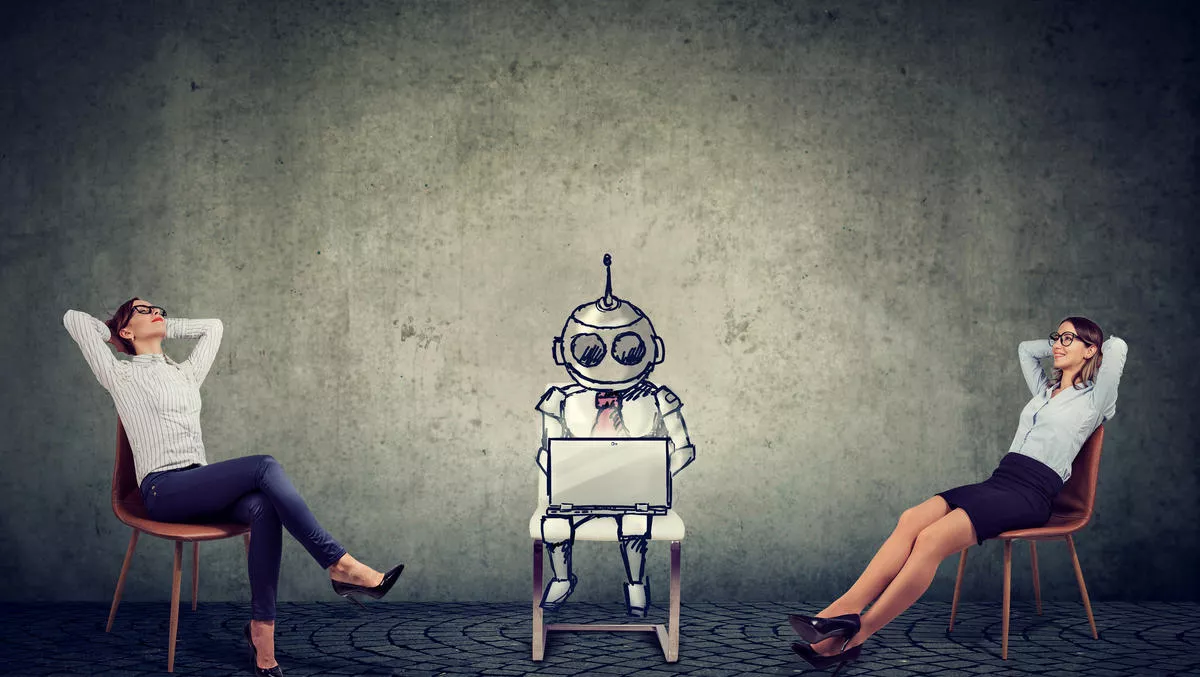
Australian millennials account for 40% of the country's entire workforce, which is leading to a change in how employers approach recruitment challenges.
New research from Capterra Australia suggests that millennials (those aged between 24-39) believe artificial intelligence (AI) will play a growing role in stamping out issues such as recruitment bias, but they don't want to see the human element removed entirely.
According to the research 78% of millennials believe AI could help to reduce unconscious bias in recruitment, and 65% believe it could make the recruitment process fairer. Some (18%) respondents would also be comfortable in situations where AI controlled the entire recruitment process from screening to hire, though almost half (49%) wanted human input as well.
“It's unlikely AI will replace the role of human recruiters. However, it's probable that it will integrate more and more into the hiring process. It's worth businesses and recruitment agencies using this time wisely to investigate the tools they'll need to fairly handle applications when the job market picks back up,” says Capterra content analyst Anna Hammond.
The research states that 68% of millennials are also enthusiastic about a hybrid human-AI approach to topics such as language, body language, and facial expressions, while 32% find it uncomfortable.
However, privacy and trust issues start to creep in when it comes to social media. 32% of younger millennials (under 30) were also happy for AI to analyse their social media and online activity. Comparing this to millennials over 30, 40% stated this would make them uncomfortable which highlights a clear dissonance in trust by age.
Millennials are curious to experience other applications that AI can bring, such as gamification, as 37% of Australian Millennials would like this to be involved in the process.
Capterra notes that neuroscience games can test traits like focus, memory, emotional intelligence, and how risk-averse the candidate is.
“As the landscape and operations of our world continue to change, there is no doubt that recruitment must also evolve with the times. Although there is promising research to suggest millennial receptiveness has pivoted in favour of AI, it's encouraging to see they still want a human touch,” the research firm states.
Capterra polled millennials who were employed full-time, part-time, or actively job-seeking. To mitigate the potential for bias, researchers screened out survey participants that worked within HR and recruitment.
Capterra asked an initial question to gauge the overall knowledge levels for AI amongst millennials. Based on 75% of participants having at least some understanding of AI, researchers asked further questions. 516 respondents participated in the survey.
